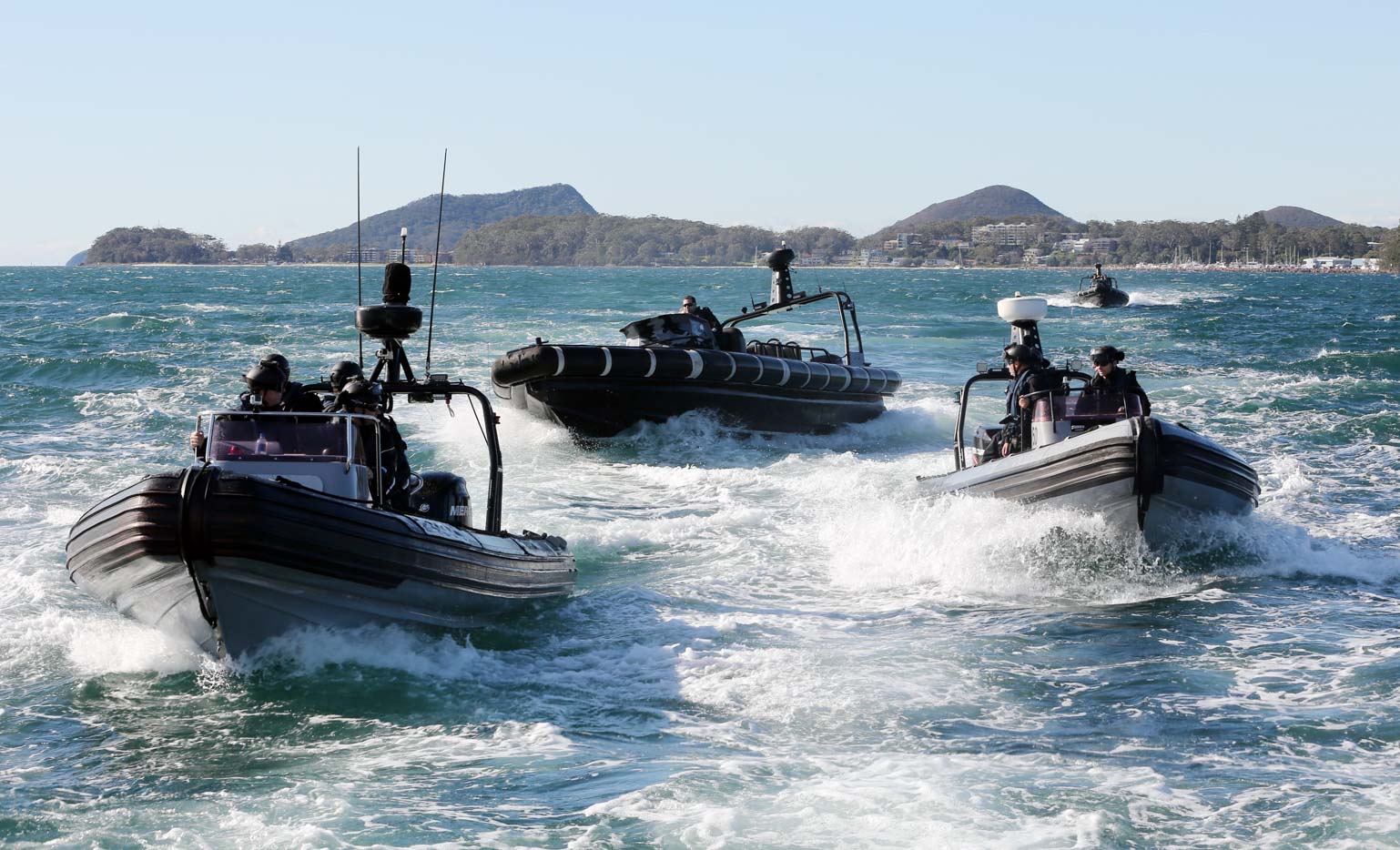Global digital trends are changing the operational nature of policing. In the coming decades, the convergence between the physical and digital world will continue to accelerate and crime will become increasingly more complex and transnational. To adequately meet the challenges and demands required of police into the future, NSWPF is interested in research into what the future of policing will look like, what resources will be needed, and best way to start preparing for those future needs now.
NSWPF is particularly interested in research into:
11.1 What are the emerging critical roles within emergency services sector and how best can agencies introduce these roles into their workforce?
11.2 What do the future crime trends reveal about the organisational change needed to adequately prepare the police work force? What new forms of operational training and development need to be provided?
11.3 How do we determine the right formula for current and future operational capacity, scenario planning etc.?
11.4 What does the future of police buildings look like? Is there good and bad design?
11.5 How can the change in criminal profiles within particular diversity groups (e.g., disability, CALD, Aboriginal etc.) influence the way we recruit and train police officers in the future?
11.6 What are the modern-day police officer job requirements and how can police recruitment/selection processes be improved to reflect this?

